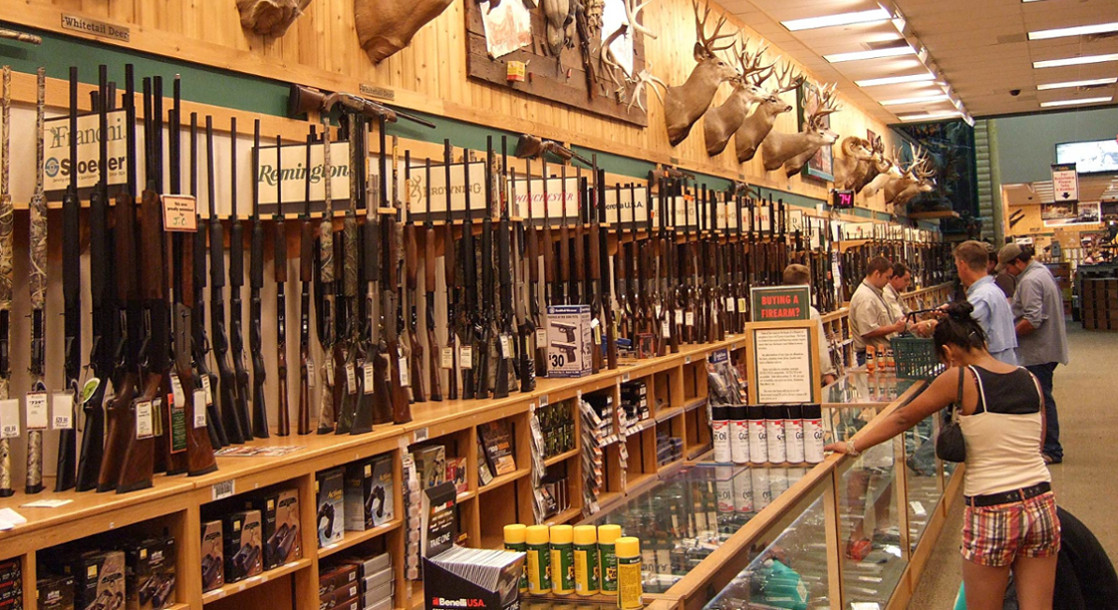Photo via Sean Savage
As America continues to grapple with an epidemic of mass shootings, a new investigation into the U.S. Bureau of Alcohol, Tobacco & Firearms (ATF) has raised questions about the federal government’s role in assuring firearm safety across the country.
According to the New York Times, ATF officials in the highest ranks of the federal bureau have repeatedly ignored illegal gun sales by licensed sellers, opting to give gun shops a slap on the on the wrist rather than revoke their licenses in more than 99% of violations.
Working in collaboration with the Brady Center to Prevent Gun Violence, investigators at the Times combed through dozens of ATF inspection reports secured through a Freedom Of Information Act request, finding countless instances of gun store negligence, including selling firearms without any background checks and to self-described felons. Still, no matter how blatant or repetitive the lawbreaking, ATF supervisors appear time and again to sweep it under the rug, according to the report.
“Most gun dealers abide by the law and are really careful to sell guns in a responsible manner,” Avery Gardiner, co-president of the Brady campaign, told the Times. “There’s a small number of gun dealers engaged in really irresponsible practices, putting everybody at risk, and the ATF knows exactly who they are and allows them to continue operating.”
For most of America’s highly regulated, age-sensitive products, sales infractions are met with strict and swift action. At liquor stores, tobacco shops, and America’s burgeoning cannabis dispensaries, failure to properly check identification alone is often enough to suspend or rescind a retail license. In the gun industry though, federal law requires ATF agents to not only confirm that a crime occured, but also to prove that a gun shop “willfully” broke the law before a seller’s permit can be revoked.
“Other regulatory statutes don’t have that,” Adam Winkler, an expert on constitutional law and gun policy, told the Times. “This is part of a larger pattern in the federal gun laws that make it hard for ATF to enforce.”
However, even when ATF investigators use official warnings and recorded infractions to create a paper trail of willful disregard for the law, bureau documents show that supervisors often still refuse to terminate sales licenses — a problem that has continually ruffled feathers within the federal agency.
“We’re not selling ice cream here,” said Howard Wolfe, a retired ATF inspector and supervisor, to the Times. “You’re selling something here that if you screw up, somebody can be killed.”
Since being appointed U.S. Attorney General, Jeff Sessions has directed federal prosecutors to pursue gun crimes as vigorously as possible, but those cases have focused on illicit gun purchasers, not sellers.
Across the United States, more than 130,000 stores are licensed to sell firearms, and with nowhere near enough ATF inspectors to check them all, the bureau estimates that each store is checked for compliance merely once every three to five years.
If America is truly concerned with finding a solution to its seemingly never-ending wave of gun violence, a renewed focus on gun store oversight and punishment for illicit sales would be a good place to start.











